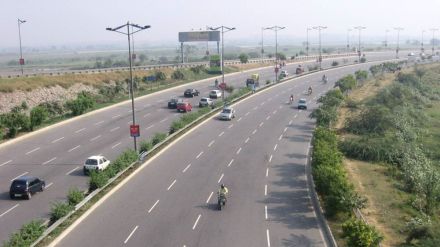
India is at the cusp of a major transformation in its road and highway sector. With urban populations exploding and freight volumes projected to double by 2035, traditional approaches to building roads will no longer suffice. The next decade will belong to innovation, where technology and sustainability converge to redefine mobility.
From self-healing asphalt to polymer-modified bitumen, new-age materials are enhancing road life while reducing maintenance costs. Glass Fibre Reinforced Polymer (GFRP) rebar and geopolymer cement are already proving their strength and eco-benefits in pilot projects.
Digital twins, AI-based monitoring, and IoT sensors are enabling predictive maintenance, helping reduce downtime and save billions in repair costs. Smart tolling and automated traffic systems are improving travel experience while reducing leakages.
The future isn’t just about speed but also sustainability. Rainwater harvesting integration, solar-powered lighting, and recycled material usage are fast becoming mainstream. Climate-resilient design is now a critical element for all major highway projects.
Innovation is no longer a luxury for India’s highways — it’s a necessity. Roads built today must not only move people and goods but also move the nation towards a greener and smarter future.